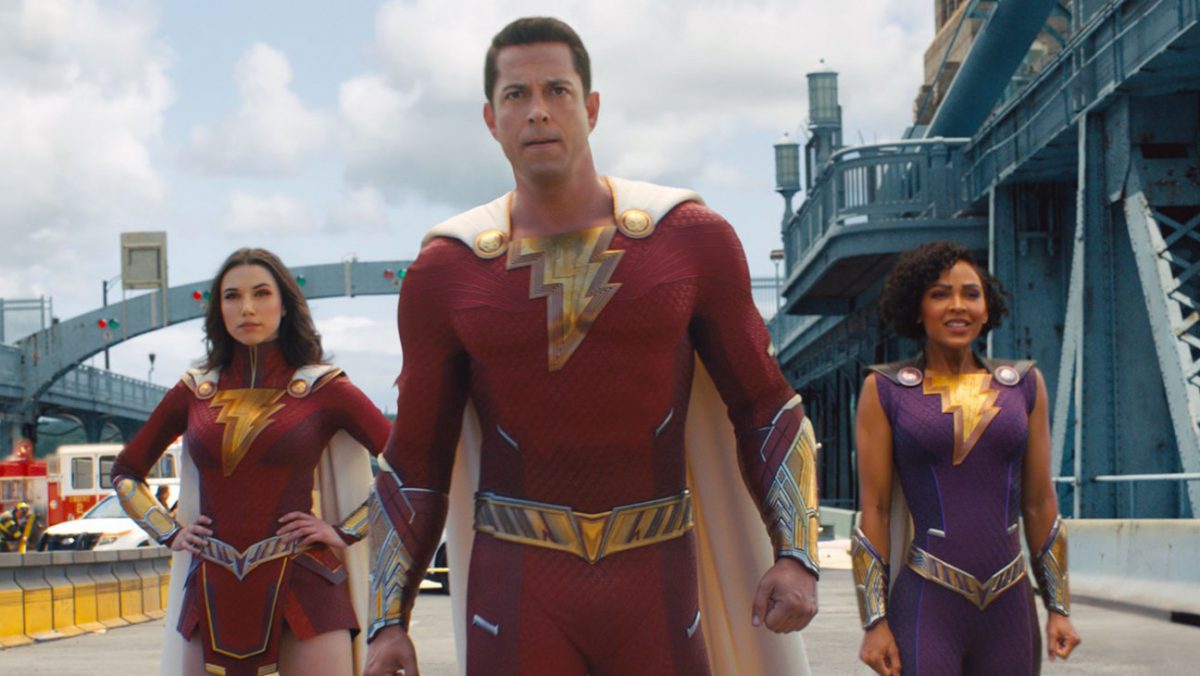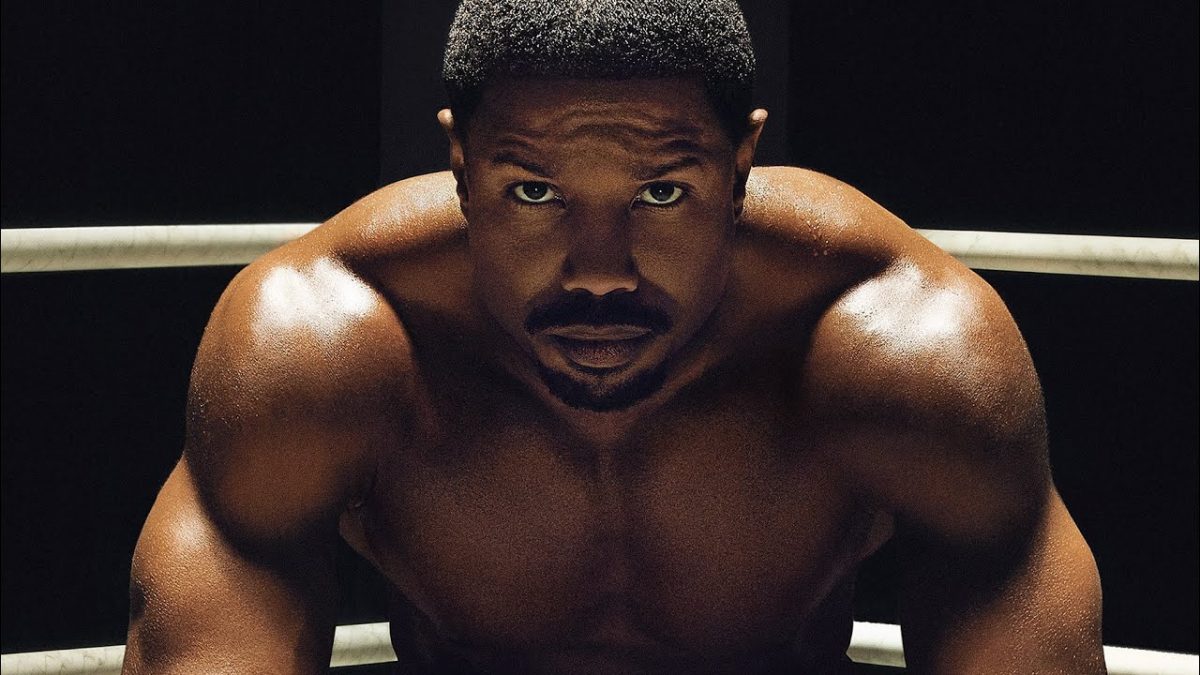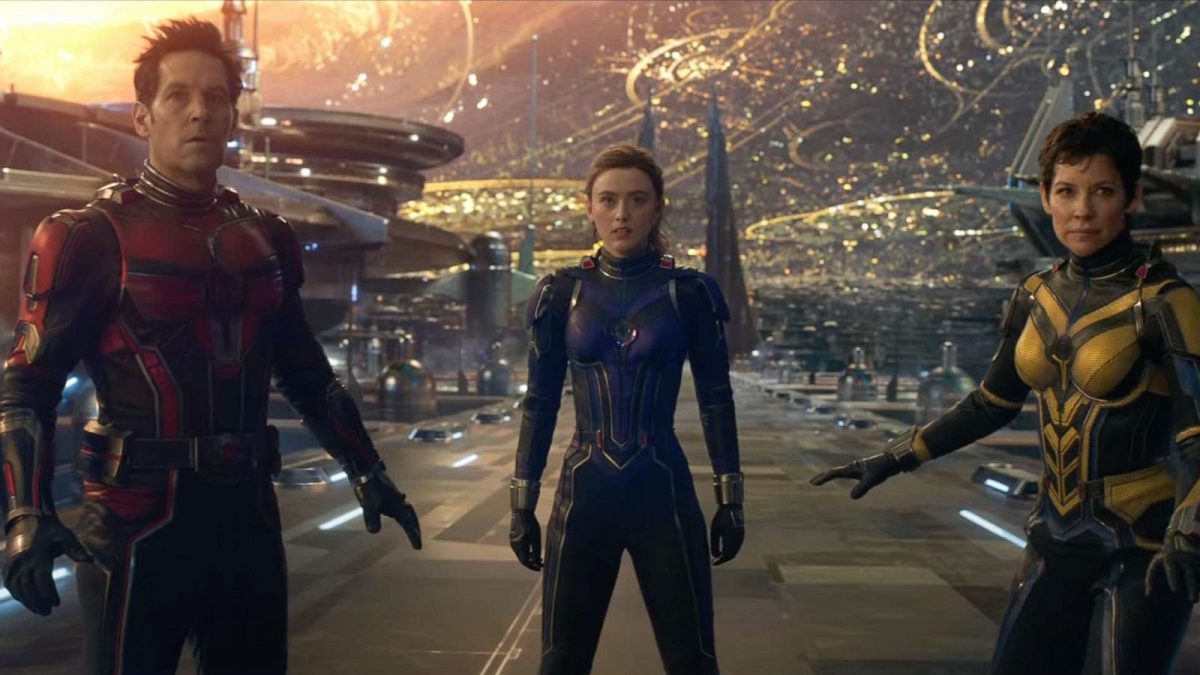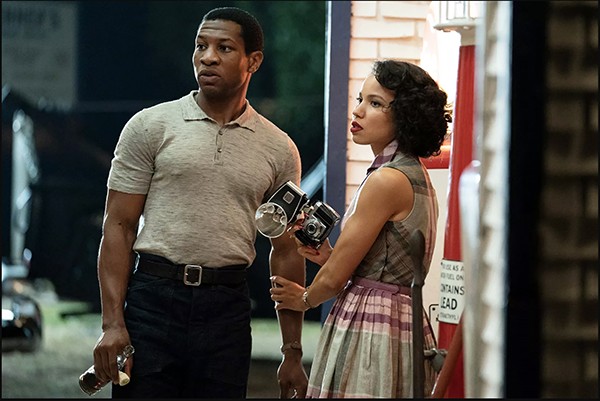
(from left to right) Isiah Whitlock Jr., Norm Lewis, Delroy Lindo, Clarke Peters, and Jonathan Majors
Spike Lee does not make tidy movies. He’s not here to give you a tight 90 minutes of entertainment that leaves you feeling satisfied when the status quo is restored. His stories do not proceed cleanly from cause to effect. His good guys are not flawless saints, and his bad guys do not lack all humanity. And most importantly, his style is not transparent. You can always see the hand of the artist at work, and that’s the way he likes it.
Da 5 Bloods is Lee’s 24th narrative feature. The Trump years have been a disaster in nearly all aspects of American life, but at least it’s been a great time for Spike Lee movies. 2018’s BlacKkKlansman was the perfect film for the moment — and a box-office success to boot. At the time, I thought the film’s coda, which used footage of the murder of Heather Heyer at the Unite the Right rally in Charlottesville, Virginia, was an unnecessary add-on that would serve to date the otherwise excellent work. I have to admit I was wrong. Lee’s purpose for including the final sequence was to make the film raw and immediate to 2018 audiences. In 2020, the narrative story of the conflicted black cop in a white supremacist world paired with the final documentary image of a shocking act of political street violence is more relevant than ever.
Lee mixes archival footage with narrative even more freely in Da 5 Bloods. For this story, it makes a lot more sense — and I’m not just saying that because I got burned the last time I second-guessed the director. Da 5 Bloods is about how the past influences the present. As William Faulkner said, “The past is never dead. It’s not even past.”
The time-hopping story takes place in the Vietnam of 2020 and of 1968. In the present, four Army buddies, Paul (Delroy Lindo), Otis (Clarke Peters), Eddie (Norm Lewis), and Melvin (Isiah Whitlock Jr.) meet up in the lobby of a swanky hotel in Ho Chi Minh City. They’re all veterans of what their guide Vinh (Johnny Trí Nguyễn) calls “The American War.”
Vinh suspects the four men aren’t telling him the whole truth about why a quartet of 60-somethings have planned an arduous jungle hike without him, but he’s too professional to call them on it. They claim they’re planning to find the body of their fallen squad leader “Stormin’” Norman Holloway (Chadwick Boseman). And that is true, as far as it goes, and it is originally Paul’s highest priority. But they’re also there to recover a lost treasure. As we see in flashback, Stormin’ Norman’s final mission was to secure the site of a CIA plane crash deep in the jungle. Inside the downed plane, they found a heavy case stuffed with gold bars. It seems some of the CIA’s indigenous guerrillas didn’t accept payment in greenbacks.
The group buried the gold, intending to retrieve the treasure once they had a plan to get it out of the county. But before they could retrieve the loot, Norman was killed and the site firebombed beyond recognition. Now, five decades later, with the help of Google Earth and Otis’ former girlfriend Tiên (Lê Y Lan), the Bloods aim to get the gold and secure their legacies.
Lee has always been a faithful student and teacher of film history. There are a lot of influences swirling around in Da 5 Bloods. In Ho Chi Minh City, they party at the Apocalypse Now club (which is a real bar that has been open for 20 years). Later, they jovially float up river on a tourist boat to the strains of “Ride of the Valkyries.” The corrosive effect of gold on the Bloods’ friendships will be familiar to anyone who has seen The Treasure of the Sierra Madre. But Lee is not engaging in Tarantino-esque pastiche. He’s in conversation with those narratives of the past, just as his characters are fighting to come to terms with their own shared history.
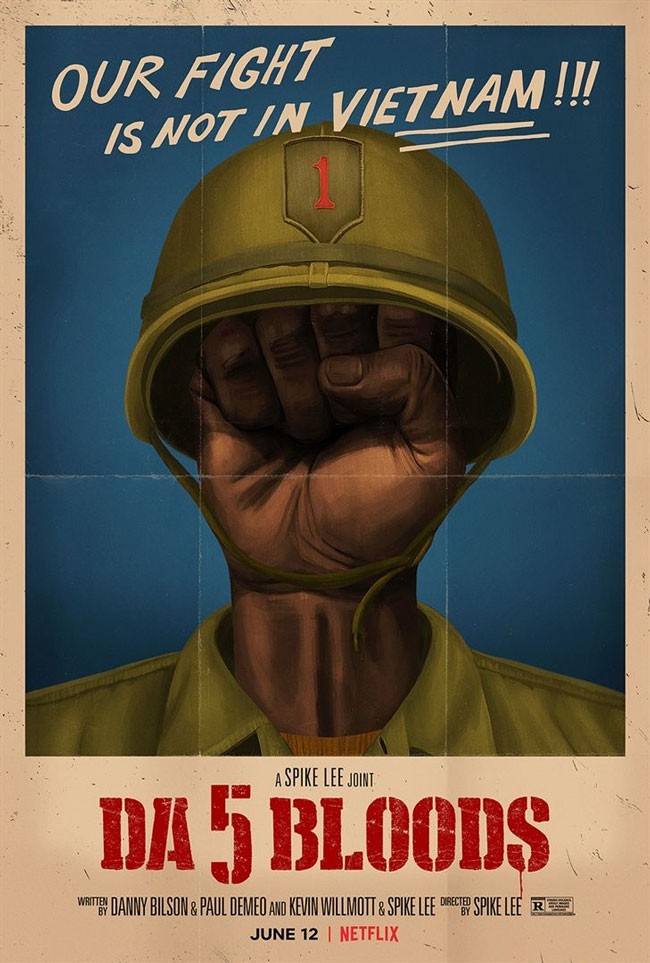
Lee accentuates the time shifts in his story by changing the picture’s aspect ratio. The present day is presented in standard 16:9 HD; the 1968 battle flashbacks play out in the square frame of a 1960s-era television news camera.
In interviews, Lee has said he opted not to digitally de-age his actors in the flashbacks because it proved too expensive. But putting the old actors in the frame with T’Challa himself, Chadwick Boseman works brilliantly. Even as old men, they still fully inhabit their memories, while Stormin’ Norman lives in their heads, forever as young as the day he died. Delroy Lindo’s Paul occupies the same character space as Humphrey Bogart’s Fred C. Dobbs in The Treasure of the Sierra Madre. Paul’s red MAGA hat marks him as one of the eight percent of black men who voted for Trump, and he is a seething ball of resentment and grievance. Lindo is the glue that holds this sprawling, episodic story together. Running from indistinct fears of the past, holding on to hope for a quick score and life-changing riches, impervious to advice or reason, Paul represents a doomed vision of America, stomping like a toddler toward self-destruction.
Otis, the easygoing, open-minded planner who fathered a beautiful interracial daughter with Tiên, is the vision of America finally growing up and aging into change. Even wrapped in images of Americans undone by the relics of imperial wars and punctuated with reminders of our racial hypocrisy, Da 5 Bloods is ultimately hopeful about where we’re going. It’s exactly the film we need from Spike Lee in our troubled moment.
Da 5 Bloods is streaming on Netflix.
